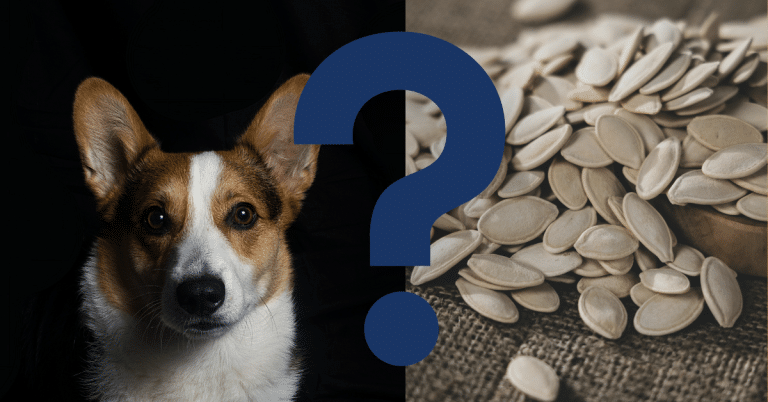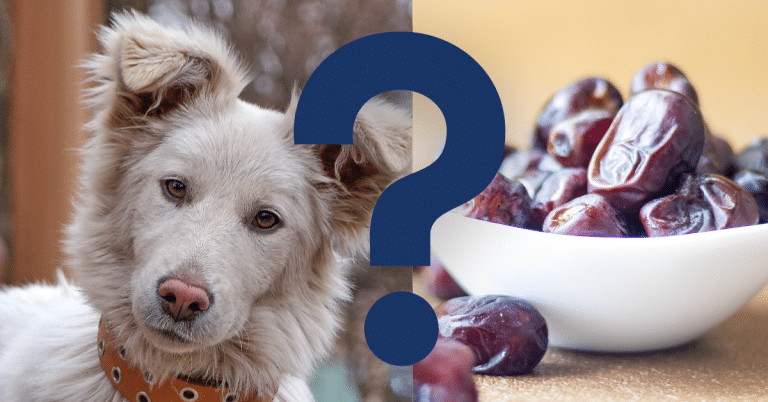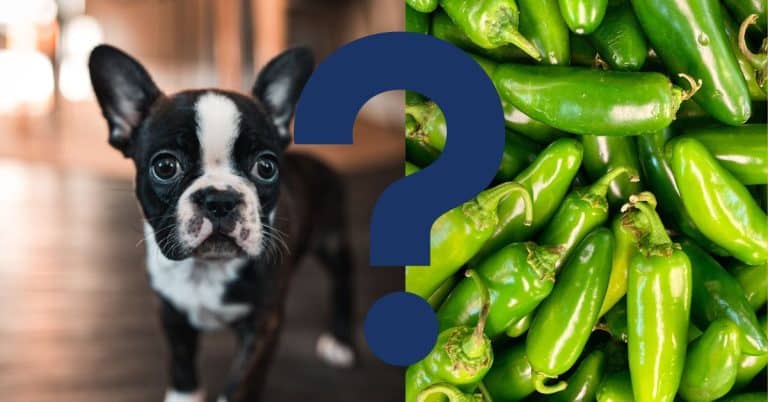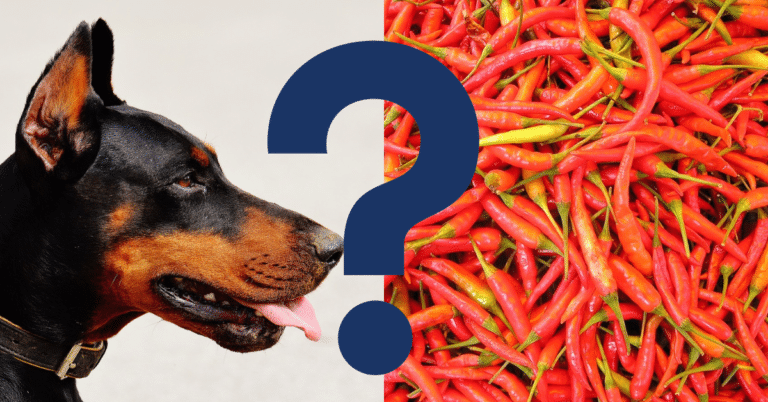Can Dogs Eat Beans? A Vet’s Opinion

Beans are a potent plant-based supply of iron, vitamins, fiber, protein, and many other good nutrients for your health. But can you feed beans to your dog?
In moderation, dogs can consume specific kinds of beans because they are a good source of protein and fiber. However, some bean varieties, like kidney beans, can be toxic to dogs and cause digestive problems if not correctly cooked. Before adding beans to your dog’s diet, it is best to speak with a veterinarian to ensure they are prepared correctly and in the right quantities. Additionally, preservatives and sodium may be added to canned beans, which should be avoided.
Benefits Of Beans For Dogs
When provided sparingly and prepared correctly, beans can be a nourishing addition to a dog’s diet. The following are some advantages of legumes for dogs:
High In Protein
Beans are an excellent form of plant-based protein, which can be advantageous for dogs sensitive to or allergic to animal protein.
Rich In Fiber
The high fiber content of beans can assist with digestion and bowel control.
Low In Fat
Most bean varieties are low in fat, which is advantageous for canines trying to slim down or keep their weight in check.
Contain Vitamins And Minerals
Iron, magnesium, potassium, and folate are just a few vitamins and minerals that beans are an excellent source of.
Lower The Risk Of Diseases
Some studies have suggested that eating a lot of beans may lower your chance of developing diseases like diabetes and heart disease.
Improve Overall Health
Increased energy levels, a healthier coat and skin, and reduced inflammation are just a few of the health advantages that adding legumes to a dog’s diet can offer.
Not all types of beans suit dogs, so prepare them correctly before giving them to your canine companion. A veterinarian should also be consulted before making significant dietary changes for your dog.

How To Safely Give Beans To Dogs
Observe these rules to feed dogs beans safely:
Pick The Correct Kind Of Bean
Some beans can be toxic to dogs, and not all are safe. Black legumes, navy beans, lentils, and chickpeas are confident choices. Don’t feed your canine kidney beans because they can be toxic if improperly prepared.
Cook The Beans Properly
Please ensure the beans are fully cooked without any additional salt or seasonings before giving them to your dog. Canned legumes should be rinsed and drained to get rid of extra salt.
Introduce Gradually
If your dog has never eaten beans before, it is best to introduce them gradually and in tiny doses to prevent digestive upset.
Serve In Moderation
Beans can be a healthy addition to a dog’s diet, but you should only give them to them occasionally as a treat or supplement to their regular food. Diarrhea or digestive problems may result from eating too many legumes.
Watch For Digestive Upset
Some dogs may have trouble digesting beans or may be allergic to them, so keep an eye out for any symptoms of digestive upset. If your dog exhibits any of these symptoms, such as vomiting, diarrhea, or abdominal pain, keep an eye out for signs of digestive upset and contact your veterinarian.
Seek Advice From Your Veterinarian
Consult your veterinarian before introducing beans to your dog’s diet if you need clarification on their suitability or have any other questions. They can offer tailored guidance based on the condition of your canine.
Will Beans Make A Dog Sick?
In moderation, beans are usually safe for dogs to consume, but excessive or improper bean preparation can upset the digestive system. To prevent giving your dog food poisoning, bear in mind the following:
Certain kinds of beans, like kidney beans, can be toxic to dogs if not adequately cooked. Beans should be cooked thoroughly, and follow safe cooking procedures if you intend to give your dog beans. Unaccustomed to consuming beans, dogs may develop digestive issues like bloating, gas, or diarrhea. Start with a small quantity and watch your dog’s reaction if you add beans to their diet for the first time.
When eaten in significant quantities, preservatives and added salt in canned beans can be toxic to dogs. It is best to choose unseasoned, plain legumes and to give them a good rinse before serving. Before adding beans to your dog’s diet, it is best to confer with your veterinarian if the dog has any underlying medical conditions or a history of digestive problems.
Can dogs eat bean variations?
Depending on the variety of beans and the preparation method, feeding beans to dogs can be safe. The following are some popular bean variations and some tips for feeding them to dogs:
Kidney beans: If not adequately prepared, kidney beans can be toxic and should be avoided or fully cooked before feeding dogs.
Black beans: When prepared correctly and in moderation, black beans are safe for dogs.
Navy beans: When prepared correctly and given in moderation, navy beans are safe for dogs.
Lima beans: If not adequately prepared, lima beans can be toxic and should be avoided or fully cooked before feeding dogs.
Legumes: When prepared correctly and given in moderation, lentils are safe for dogs.
Chickpeas: When prepared correctly and given in moderation, chickpeas are safe for dogs to eat.
It’s essential to be aware that some beans, mainly if dogs aren’t used to eating them, may upset their digestive systems. Beans should be introduced gradually, and you should watch for any symptoms of digestive upset in your dog, such as vomiting or diarrhea.
Additionally, it’s best to avoid canned bean variants that add salt or seasonings. It’s best to choose plain, unsalted beans and give them to your pup after thorough rinsing.

Vet’s Summary
When given in moderation and prepared correctly, beans can be a nutritious addition to a dog’s diet. Black beans, navy beans, lentils, and chickpeas are safe choices; kidney and lima beans should be avoided or fully cooked before serving to dogs. It’s crucial to introduce beans progressively, keep an eye out for symptoms of digestive upset, and stay away from canned beans with additional seasonings or salt. If you worry about giving your canine beans or other human food, speak with your veterinarian.
Probiotic supplements can be helpful for dogs, particularly those with digestive problems or prone to gastrointestinal upset. Live bacteria supplements known as probiotics can promote beneficial gut flora and enhance digestion. The signs of diarrhea, constipation, and other stomach problems can also be helped by them. But before giving your canine any new supplements, it’s crucial to select a probiotic supplement designed especially for dogs and to speak with your veterinarian. The best probiotic supplement for your dog’s particular requirements and a medical background can be suggested by your doctor.
Videos To Watch
If you are wondering if you can give your dog beans, watch this:
And if you want to know what a dog can NOT eat, watch this:






